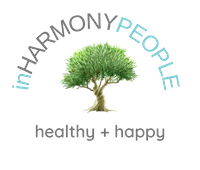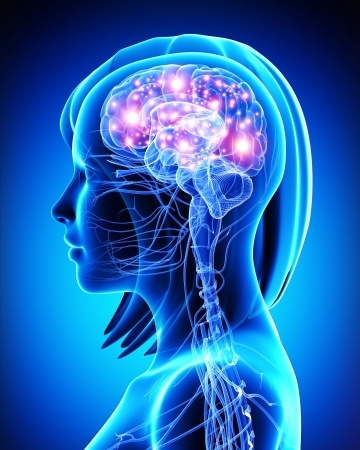Inflammation has become a bit of a buzzword in the medical field because it has been linked to so many different diseases. And one of those diseases is heart disease… the same heart disease that cholesterol is often blamed for.
What does cholesterol have to do with it all? Let’s first consider the role of inflammation in your body. In many respects, inflammation is a good thing as it is your body’s natural response to invaders, whose presence it perceives as threats. If you get a cut for instance, the process of inflammation is what allows you to heal.
Ultimately, the cut is healed and a protective scar may form over the area. If your arteries are damaged, a very similar process occurs inside of your body, except that a “scar” in your artery is known as a
plaque. This plaque – along with the thickening of your blood and constricting of your blood vessels that normally occur during the inflammatory process – can indeed increase your risk of high blood pressure and heart attacks. Notice, however, even though cholesterol takes the sole blame for this plaque production, that it has yet to even enter the picture.
Cholesterol’s vital role in this process is to come in after plaque formation and replace those cells that were damaged during the inflammatory response.
Cholesterol levels reflect chronic inflammation in your body; the more inflammation you have, the higher your total cholesterol tends to be. Your body makes cholesterol to “patch up damages” from this ongoing inflammation.
Unfortunately, as both the Standard American Diet and stressful lifestyle have become the norm rather than the exception, our bodies are losing the ability to fully repair themselves before the next onslaught of physical or mental abuse. Consequently, the body will be in a dangerous state of chronic inflammation.
In the eyes of conventional medicine, when increased cholesterol is seen circulating in the bloodstream, the conclusion is that IT (cholesterol) — not the underlying damage to your arteries — is the cause of heart attacks. (by Robustlifecenter.com)







